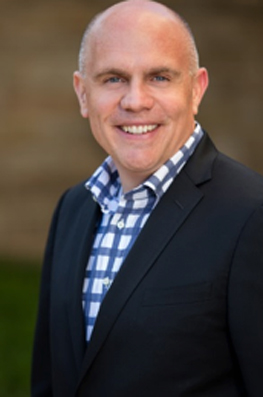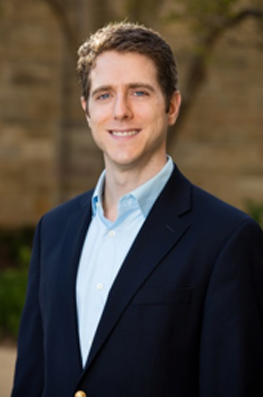In this series, David Lapidus talks with members of the Rare Collective to debunk common myths surrounding rare diseases. In this post, Chris Smith shares how our understanding of rare disease is evolving, and why it may be a misleading term.
David:
Chris, you’ve been active in healthcare communications for more than 25 years, developing strategies for rare diseases companies as well as patient organizations. Tell us about a myth that seems to be widespread—something that a lot of people believe, but you have found to be untrue?
Chris:
It’s easy and natural for people to believe that “rare is rare” – specific diseases with complicated names simply do not apply to many people. Some are even considered ultra-rare. It’s true – being diagnosed with a rare disease can be an isolating experience, like running along a dark and dangerous path without a guide. A few years ago, I introduced two people who had never met someone else living with their condition. Tears flowed, sealing a lasting friendship that spans languages and continents.
Each year brings more connections, more discoveries, more orphan drug designations, more studies, more treatments, and more hope. Today, there is a large and growing global community interested in rare diseases: patients, caregivers, advocates, scientists, physicians, regulators, payors, industry, and investors. It’s true that the rare disease community isn’t as tightly coordinated as, say, the diabetes community. But we’re far beyond our early days when we invented a new solution for every problem.
David:
So have we evolved to the point where “rare is common”?
Chris:
Ultimately, we need to rely on definitions developed by policy makers, and by what we know about rare diseases themselves. When all of the 7,000 or so rare diseases are combined, it forms a huge community with tremendous relevance and impact. When rare disease communities work together, it can speed progress for all rare diseases, from research and registries to education and support. Collaboration is never spontaneous. It requires hard work, a shared purpose, resources, and open communication.
Gradually, the understanding of a rare disease as an isolated, obscure event is giving way to a grassroots movement. More people recognize the collective impact and urgent responsibility to help people with rare diseases. They affect our neighbors, our families, our homes, our lives. This is an important trend to understand, given the ongoing debate over drug prices and access. Industry often points to small patient populations to justify the cost of orphan drugs. While this is valid, it’s also important to convey the impact of the disease and the benefits of the treatment, at both a personal level and to society. This education is becoming as essential as the clinical trials themselves.
David:
In your experience, does working in rare diseases require a different skillset or mindset compared with traditional drugs for common disorders?
Chris:
It does. For some, the instinct is to apply “regular pharma” strategies to orphan drugs. I’d say the opposite is often true: we’re finding that communications strategies that serve rare disease communities – rooted in awareness, education and collaboration – can help with more common diseases.
For example, in partnership with patient organizations, we’re organizing local meetings to educate, connect and inspire patients and families living with a more common disorder. This direct, personal engagement empowers patients to make informed decisions about their health. They learn practical ways to improve their lives today, while becoming more effective advocates for their community over time.
In short, rare diseases are emerging as a priority for all of us – not just a few. Helping people see and understand this shared purpose can speed progress for everyone involved, including industry.

Chris Smith is the President and CEO of SmithSolve, a communications agency helping clients earn trust, manage risk and break through the noise.



 RARE COLLECTIVE® is a trademark of Rare Collective, LLC.
RARE COLLECTIVE® is a trademark of Rare Collective, LLC. 